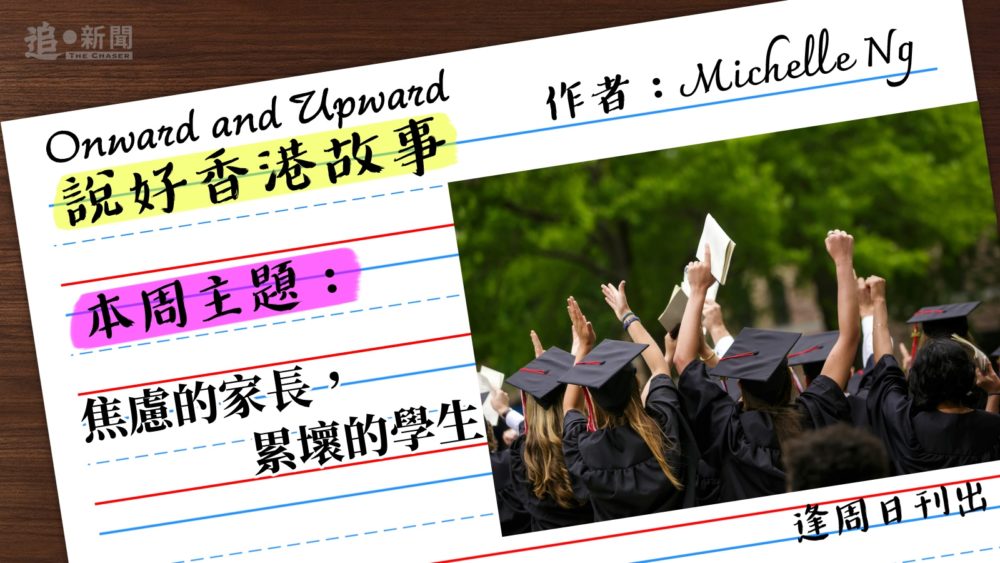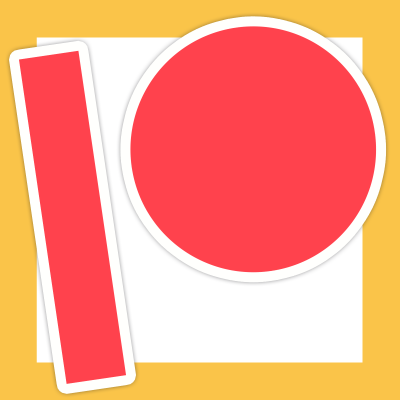
過去一週,一個剛參加了University Fair的學生,跟我分享她跟眾多大學招生代表聊天後,注意到的一個現象。
「我發覺越有名氣的大學,
我聽到學生這麼說感到很欣慰,
遺憾的是,太多太多香港家長,給孩子的時間表排得滿滿,
我推薦焦慮的家長們讀讀Cal Newport的 How to Be a High School Superstar: A Revolutionary Plan to Get into College by Standing Out (Without Burning Out)。Newport自己是讀Ivy League出身,當年也是憑獨特的成就考進去,
下面這個靠獨特性考入Columbia University的案例,來自Newport的Blog。我真的希望多一些家長能靜下心,報讀一大堆興趣班補習班前,
Let’s try a simple experiment. Imagine that you’re an admissions officer at a competitive college, and you’re evaluating the following two applicants:
David — He is captain of the track team and took Japanese calligraphy lessons throughout high school; he wrote his application essay on the challenge of leading the track team to the division championship meet.
Steve — He does marketing for a sustainability-focused NGO; he wrote his application essay about lobbying delegates at the UN climate change conference in Johannesburg, South Africa.
Who impresses you more?
For most people, there’s little debate: Steve is the star.
But here’s the crucial follow-up question: Why is Steve more impressive than David?
The answer seems obvious, but as you’ll soon discover, the closer you look, the more hazy it becomes. To really understand Steve’s appeal, we will delve into the recesses of human psychology and discover a subtle but devastatingly power effect that will change your understanding of what it takes to stand out.
Steve’s Story
Steve is a real student, one of the many I profile in my new book on students who get into good colleges while still enjoying their high school lives. He currently attends Columbia University, which he describes as: “a school I would have never gotten into without my UN work.”
Here’s how his story unfolded…
As a high school sophomore, Steve stumbled into an opportunity to attend a UN conference in New York City, near where he lived. A believer in underscheduling, he had been “e-mailing every non-profit under the soon, looking for an unpaid internship.” Most organizations ignored him. One wrote back, however, and said they didn’t have a job for Steve, but they did have a slot for a student to accompany their delegation to an upcoming UN conference on children’s rights.
Steve jumped at the opportunity. He met delegates and learned about related NGOs. He even spoke up in a sub-committee meeting. This led to an invitation to attend an upcoming conference. And then another. In a short span, Steve became a UN insider.
“I loved it,” he recalls.
It was with this experience under his belt that, one year leader, Steve found himself in a conversation with a college student at a model congress conference.
“What sorts of things are you working on?”, she asked.
Steve mentioned the UN.
“The UN?”, she replied, “I work with them.”
As they continued to talk, the young woman revealed that she was involved with a non-profit called SustainUS — a group dedicated to helping American youth advocate for climate issues. SustainUS, at the time, had little money and no office — the employees were volunteers who worked virtually, mainly from college dorm rooms, organizing with Yahoo Groups and free web-based conference calls.
Steve proposed that he help the non-profit gain press coverage for their activism. “I like speaking with people, and I like writing, so that was a natural thing for me to work on,” he recalls. The group agreed.
“At 16, I was younger than the other members,” Steve told me. “But technology masked that.”
Over the next year, Steve called and e-mailed reporters, eventually scoring a few big hits, including a mention in Time Magazine’s Green Issue and a write-up in the Associated Press. As a reward for these efforts, the organization told Steve he could join the team traveling to the UN climate conference in Johannesburg to present a petition signed by American youth.
This was the experience Steve emphasized in his head-turning application essay.
Michelle Ng
英國牛津大學畢業,前《蘋果日報》和《眾新聞》專欄作家,現在身在楓葉國,心繫中國大陸和香港。
聯絡方式: michelleng.coach@proton.me
個人網站: https://michellengwritings.com
🌟加入YouTube頻道會員支持《追新聞》運作🌟
https://www.youtube.com/channel/UC5l18oylJ8o7ihugk4F-3nw/join
《追新聞》無金主,只有您!為訂戶提供驚喜優惠,好讓大家支持本平台,再撐埋黃店。香港訂戶可分享給英國親友使用。



